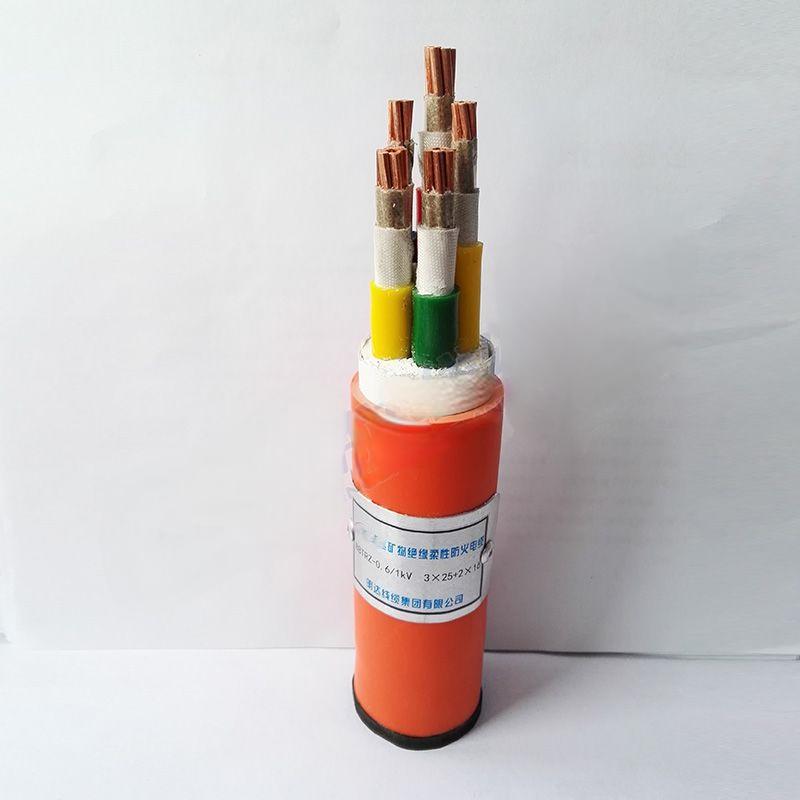നവം . 15, 2024 13:40 Back to list
air pressure valve
Understanding Air Pressure Valves Function, Types, and Applications
Air pressure valves are crucial components in a variety of industrial and mechanical systems, regulating the pressure within a system to ensure optimal performance and safety. By controlling the flow of air or gases, these valves play a significant role in maintaining the efficiency and reliability of pneumatic and hydraulic systems.
What are Air Pressure Valves?
Air pressure valves are devices designed to control the pressure of air within a system. They can either release excess pressure, prevent backflow, or maintain a pre-set pressure level. These valves operate based on pressure differentials, allowing them to respond dynamically to changes in the system’s requirements.
Types of Air Pressure Valves
1. Relief Valves These valves are critical for safety, preventing pressure from exceeding a certain threshold. When the pressure reaches a pre-defined limit, the valve opens, allowing excess air to escape, thus safeguarding the entire system from potential damage or failure.
2. Pressure Regulating Valves These valves maintain a constant air pressure within a system, regardless of changes in downstream usage or supply pressure. They are essential in applications where precise pressure control is necessary, such as in pneumatic tools or laboratory equipment.
3. Check Valves Also known as non-return valves, these devices allow air to flow in one direction only. They prevent backflow, ensuring that the pressure remains stable and that the system operates efficiently.
4. Solenoid Valves These are electrically operated valves that control the flow and pressure of air. By using an electromagnetic coil, they can open or close rapidly, making them ideal for applications that require automation and remote operation.
5. Flow Control Valves These valves regulate the flow rate of air or gas in a system, which indirectly affects the pressure. By adjusting the flow rate, they help maintain the desired pressure levels.
air pressure valve

Applications of Air Pressure Valves
Air pressure valves are employed across numerous industries due to their versatile nature. Here are some common applications
2. Automotive In the automotive industry, air pressure valves are used in various systems, including brake systems and air suspension, to ensure safety and comfort.
3. HVAC Systems In heating, ventilation, and air conditioning systems, these valves regulate air pressure within ductwork, improving efficiency and performance.
4. Medical Equipment Air pressure valves are vital in medical devices, such as ventilators, where precise pressure control is necessary for patient safety.
5. Food and Beverage Industry They are utilized in processes that require controlled air pressure for packaging and transport, ensuring product integrity and safety.
Conclusion
Air pressure valves are indispensable in modern industrial and mechanical systems. Their ability to regulate pressure contributes significantly to the safety, efficiency, and reliability of various applications. Understanding the different types of air pressure valves and their specific uses can help businesses optimize their systems and prevent costly failures. As technology continues to advance, the development of more sophisticated air pressure valve designs is expected, further enhancing the capabilities of pneumatic and hydraulic systems across various industries. Whether in manufacturing, automotive, or medical applications, the importance of air pressure valves cannot be overstated. Their essential role in maintaining system integrity and performance makes them a focal point for engineers and technicians alike.
Share
-
priming-a-pump-with-a-foot-valve-with-strainerNewsAug.23,2025
-
the-importance-of-a-y-strainer-in-pump-protectionNewsAug.23,2025
-
stainless-steel-ball-check-valve-for-high-purity-applicationsNewsAug.23,2025
-
common-applications-for-wafer-type-butterfly-valvesNewsAug.23,2025
-
seat-options-for-a-12-inch-knife-gate-valveNewsAug.23,2025
-
the-lifespan-of-a-typical-dismantling-jointNewsAug.23,2025


